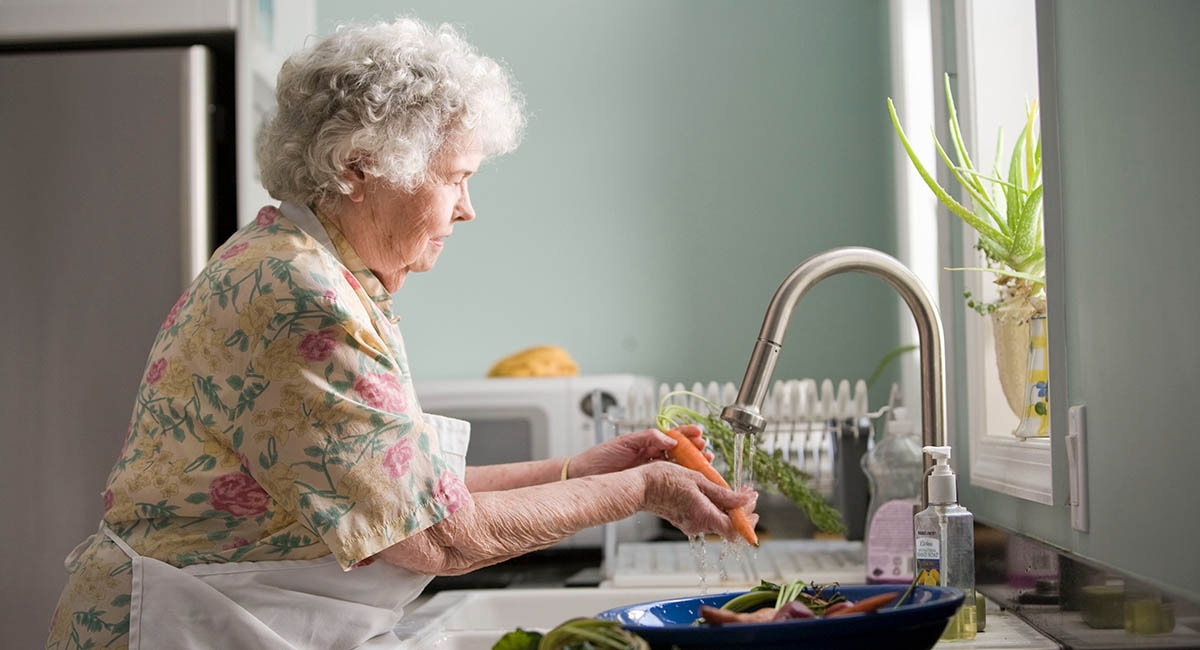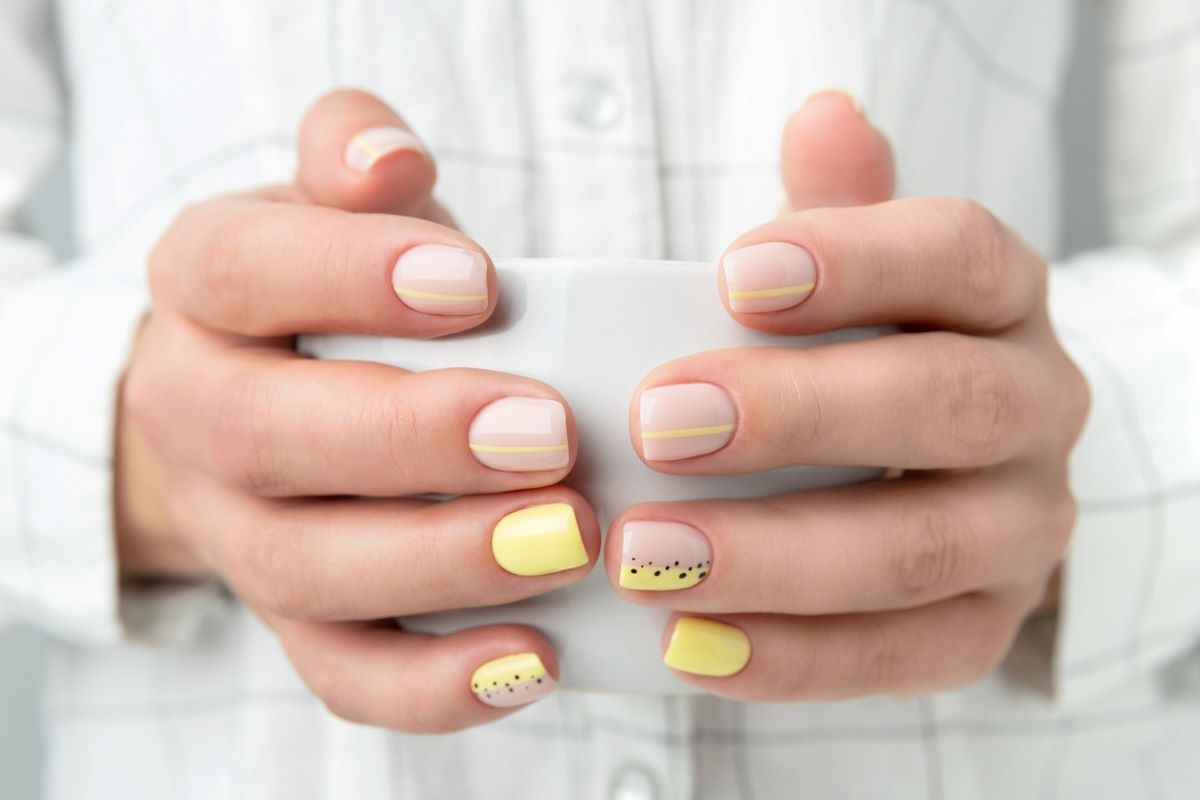
8 ways to keep your elderly parents safe at home
If your parents are getting older and aren’t as capable as they used to be, you may be starting to worry about them. Perhaps they are getting a little forgetful or are not as stable on their feet as they once were.
If you are becoming increasingly concerned, then it might be beneficial to visit their home and make some changes here and there. Not only will it give you peace of mind, but will also make things a lot easier for them day to day. Here are 8 ways to keep your elderly parents safe at home.
Have a smart doorbell installed
If your parents have a basic understanding of technology, then a smart doorbell could be a great additional security measure for their home. As well as two-way audio, many come with a video function included so your parents will be able to see and interact with anyone who visits them without having to open the door. You can add multiple users too, so there is nothing to stop you from monitoring visitor activity too.
Check smoke and co2 alarms
If your parents don’t already have smoke alarms and carbon monoxide detectors fitted in their homes, then it’s something you should prioritize. Battery-operated alarms are easier to install and work well, but hard-wired alarms with a battery backup are far safer.
If they already have alarms fitted, be sure to test them at least once a year and replace any batteries. This will give you peace of mind that in the event of a fire or a gas leak, your parents will be alerted. If you aren’t sure where is the best place to fit the alarms, speak to your local fire brigade or check online.
Would a medical alarm be beneficial?
It is easy for an elderly person to fall or need help at night or at short notice. If you think your parent may fall into this category, you might want to consider one of the many medical alert systems available for the home.
As well as a main system, most will come with a portable emergency call button that your parent can wear around their neck or on their wrist. When activated, the device will alert either the allocated 24-hour medical helpline or a designated point of contact. It's a brilliant safety measure that will make your mum or dad feel safe and secure in their home – even if they are on their own.
Home adaptations
There may be hazards in and around your parent’s home that could pose a risk for them, so it's worth periodically checking if any changes need to be made. If, for example, they are struggling to maneuver the stairs, then a chair lift might be a wise option to help them get around more easily. If they are struggling to get in and out of the bath, a walk-in shower or seated bath might be a better choice for them.
It’s also a good idea to check that there are no trip hazards such as cables or wires lying around and that there is free and clear access to each room. The fewer risks there are in and around the home, the safer they will be.
Call or text regularly
Agreeing on a schedule for regular contact will not only put your mind at rest but is a great way to break up the day and give your parent something to look forward to. There may be days when they don't see or talk to anyone, so a daily call from you will probably be most welcome.
If your life is pretty busy and you don't have time to chat every day, why not drop them a text at night instead. Thanks to technology, there are many ways to communicate these days, so you should be able to find a way that suits everyone.
Speak to the neighbors
If your parents have neighbors, then it might be worthwhile giving them your number and asking them to keep an eye on things in your absence. If they see anything untoward or think that there is an issue at any time, they can make contact with you and keep you informed.
Many neighbors will think nothing of popping next door to check everything is ok or even visiting from time to time for a cup of tea and a chat. The closer they can be to their neighbors, the better, so if they haven't yet been introduced, it’s something you should try and organize.
Is their home warm enough?
As we get older, we can start to feel the cold more, so you must make sure your parent’s home is adequately heated. Energy prices are pretty high at the moment, so it may be that they are trying to save on heating bills, but their home mustn't get too cold. During colder months, set the heating on a timer, so it’s warm when they get up and early evening when the temperature starts to drop again.
Thermal-lined curtains are a great way to help insulate your windows and will help keep warm air from escaping. Another great option is an electric blanket, which can be heated in advance of bedtime and should help to aid a good night’s sleep.
Outside help
If your parents are particularly frail, you may only get peace of mind about their safety if you have someone visit their home each day to help them. A home help can not only assist with making meals and house cleaning, but many will also help them bathe or assist with other tasks around the home that they aren’t able to do themselves.
If you want your parent to have some company during the day, check if there are any befriending services in your area. People regularly volunteer to help the elderly in their spare time and are eager to provide company to those who need it, so it’s someone worth considering.
PHOTO: Unsplash









